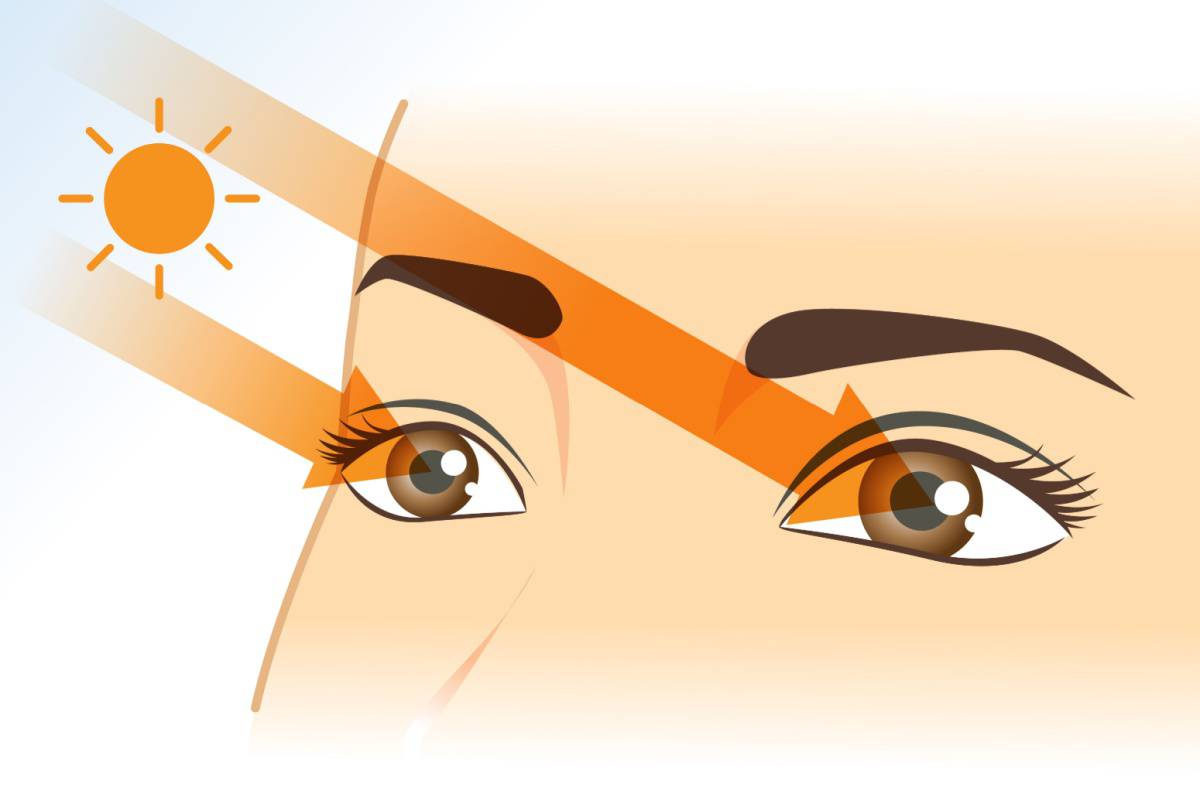Miami is famous for its sunshine. While the sun is good for the soul, it may not be as kind to your eyes. That’s because ultraviolet (UV) rays pose health risks to your eyes. Here, the renowned eye doctors at Laser Eye Center of Miami explain how UV rays can damage your eyes, as well as some steps you can take to protect yourself from this harm.
How UV Exposure Affects Your Eyes
Scientists have linked years of cumulative sun exposure to several eye disorders. Since UV light breaks down proteins in the lens, this can increase your risk of developing cataracts. UV light also has an aging effect on the eyes, which can similarly increase your risk for age-related macular degeneration (AMD). In extreme cases, UV rays seem to have some responsibility in the formation of eye cancers like uveal melanoma or conjunctival melanoma.
In a beach community like Miami, residents are also vulnerable to more immediate conditions like photokeratitis. As the sun reflects off the sand and water, incoming UV rays can “sunburn” the cornea. Unfortunately, this can be uncomfortable and at least temporarily impair your vision. Another sun-related condition is pterygium, which is a white growth on the cornea. As it spreads, it can affect your vision and may even require surgical removal.
Protecting Yourself
Knowing what ultraviolet rays can do to your eyes, it is important to preserve your vision by taking steps to block out these rays. Our doctors suggest:
- Wearing high-quality sunglasses. Not all sunglasses are equal — some are all style and offer little to no protection from UV rays. Look specifically for a pair that advertises 99-100% UVA and UVB blockage.
- Buying a hat with a wide brim. Since UV rays can still sneak in through the sides of your sunglasses, shielding your face will help to further limit your exposure.
- Not assuming that UV damage only occurs when it is sunny. UV rays are strong enough to pass through clouds, so be wary of sun exposure even when the sun is not shining brightly.
- Protecting your skin, too. Although our doctors are primarily concerned with ocular health, your skin is also vulnerable to UV rays and should be protected as well to avoid sun damage and skin cancer. This means wearing sunscreen with an SPF of 30 or higher when outside and seeking shade during peak daylight hours (around noon).
Eye Doctors That Care
Remember that protecting your eyes today may help you to avoid more serious treatment later. However, if you do develop an eye problem like cataracts or pterygium, Dr. Gabriel Lazcano and Dr. Abraham Awad are available to help. Please call (305) 443-4733 to schedule an appointment.







